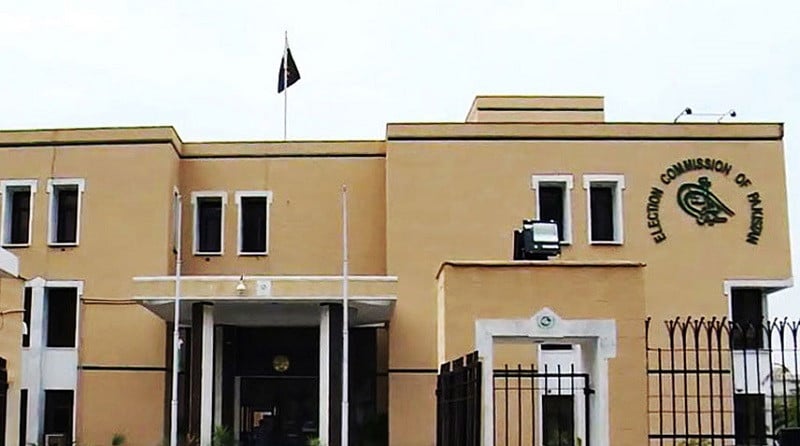The Election Commission of Pakistan (ECP) concluded on Saturday all preparations for the upcoming general elections set to take place on February 8 (Thursday).
Over 120 million registered voters are poised to exercise their democratic right by casting votes for the national and four provincial assemblies.
The ECP has established a network of 90,675 polling stations spanning across all four provinces. Among these, 41,403 are combined polling stations, while 25,320 cater specifically to male voters, and 23,952 are designated for female voters.
A diverse pool of candidates, totalling 5,121, are vying for seats in the National Assembly. This includes 4,807 male candidates, 312 female candidates, and two transgender candidates.
The upcoming elections will take place for 266 general seats in the National Assembly and 593 general seats across the four provincial assemblies.
ECP finalises poll staff’s training
Additionally prepration for the upcoming general elections in Rawalpindi have reached a significant milestone with the training of 26,150 selected polling staff.
In a directive from the district returning officer, it has been emphasised that telephone and internet connections be promptly installed at the 2,671 designated polling stations across Rawalpindi. School heads have been instructed to coordinate with Pakistan Telecommunication Company Limited (PTCL) officials for immediate meetings to ensure swift installations.
By February 6, all polling stations are expected to have operational official telephone lines and internet connections, with heads reporting relevant details to the Election Commission of Pakistan on February 7.
District Returning Officer (DRO) Hasan Waqar Cheema shared that a total of 2,671 presiding officers, 13,872 assistant presiding officers, 6,936 polling officers, and 2,672 naib qasids have been appointed for the elections, covering 2,671 polling stations and 6,936 polling booths in Rawalpindi.
To facilitate the distribution of polling boxes and stationery, all returning officers are summoned to the offices of presiding and polling officers at 10am on February 7.
ECP issues guidelines for elections
The ECP issued guideliens to ensure security and transport for the polling staff and election material in reaching the polling stations and then returning safely back to the offices of the returning officers after polling.
The electoral body also hinted at taking disciplinary action under Section 55 of the Elections Act, 2017 against the staff who would be absent or show negligence during security duty.
According to the plan, it is said that for the peaceful, transparent, and smooth conduct of the general elections 2024, a detailed transportation and security plan has been prepared according to the guidelines given to deliver the polling staff and material to the polling stations and to return the material and staff safely at the end of the polling.
It has been directed in the guidelines that committees headed by each district returning officer and comprising the district election commissioner, deputy commissioner or deputy commissioner’s designated officer and the concerned returning officer check for movement and requirement of vehicle for transportation of polling staff and electoral materials from before the polling day to the end.
Similarly, the guidelines state that if more than one polling station is established in one building to ensure the facility of the polling station, information about the result, adequate security of the staff, then the presiding officers and senior assistant presiding officers of such polling stations could be adjusted in one vehicle.
ECP issues guidelines for poll observation, media coverage
The electoral watchdog issued guidelines pertaining to accreditation for election observation and media coverage ahead of the February 8 general elections.
In a directive to the returning officers overseeing the election proceedings, the ECP has laid out specific instructions for the extensive coverage of the elections.
The ECP’s issuance includes detailed guidelines and standard operating procedures (SOPs) for acquiring accreditation cards, primarily aimed at domestic observers and media personnel.
As per the released statement, all representatives from media outlets are eligible to apply for accreditation cards, facilitating their coverage during the electoral process.
Moreover, the commission has extended this privilege to local NGOs and civil society representatives, allowing them to obtain accreditation cards as well.


No comment